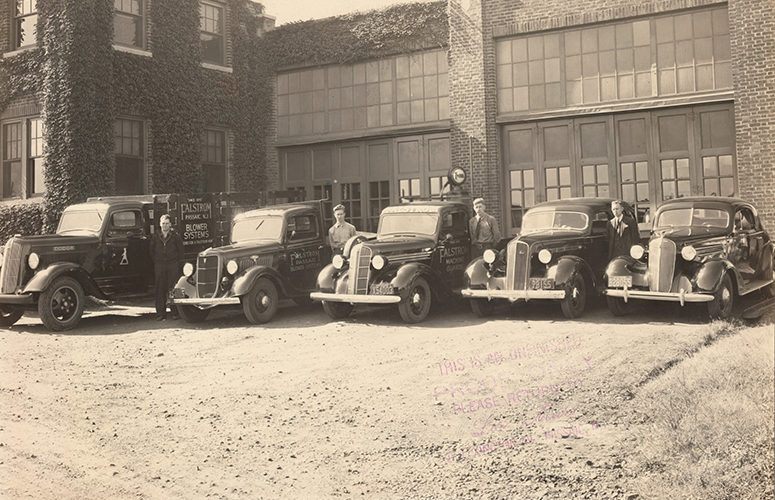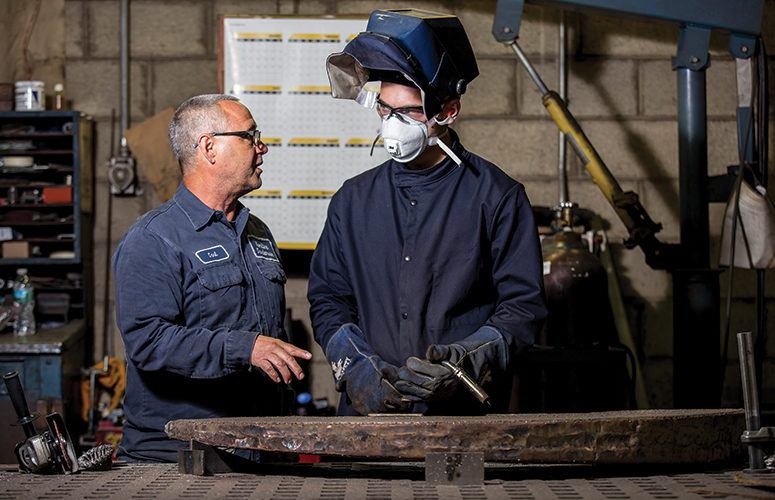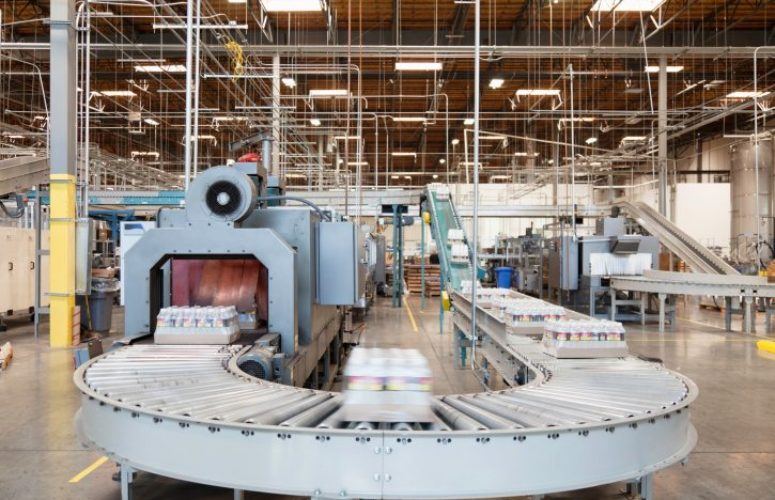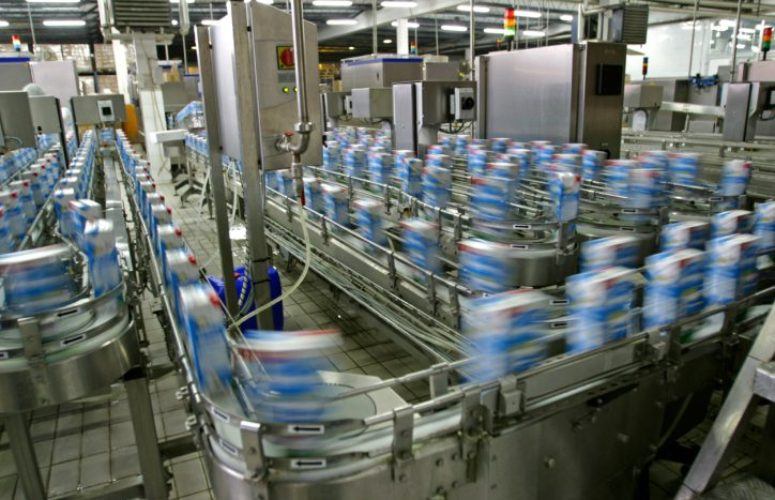
Falstrom Company Celebrates 150 Years
From a small metal-working shop, to supporting warfighters and interstellar travel, Falstrom has stood the test of time.
By Jim Pytell, Assistant Editor On Apr 22, 2020The sobering reality when it comes to starting a business is the fact that despite your best efforts and relentless dedication, even if you manage to land on your feet after your first year, the odds are against your company standing the test of time.
In fact, according to a report by investment banking company Credit Suisse, the average lifespan of a company today is less than 20 years.
As countless companies have come and gone over the past century-plus, a small metalworking shop in Passaic proved that it could in fact stand this test of time, overcoming countless challenges along the way. Founded by Swedish craftsman Gustav Falstom 150 years ago, Falstrom Company has grown from a key provider of major fabricated and welded products in 1870, to an industry leading manufacturer of complex components for top defense and aerospace companies today.
This year, it celebrates its 150th anniversary.
It’s in the Family
“The company’s history is an important part of who we are at Falstrom Company,” says Clifford F. Lindholm, III, the company’s president and CEO. “We feel that [our longevity] reflects our ability to weather the economic changes that occur, while being responsive to our customers’ needs. … We’ve been able to do that for 150 years.”
Lindholm – who has been with Falstrom for 27 years – is the great-grandnephew of Gustav Falstrom, and is carrying on the business in its fourth generation.
He served as a human resource manager – and then vice president – before being named president and CEO of the company in 2004.
Additionally, Lindholm is a New Jersey Business & Industry Association (NJBIA) trustee, and chairman of NJBIA’s Manufacturing Council.
“It has been very rewarding,” Lindholm says of his time working with NJBIA. “NJBIA is really out in front trying to let our elected and appointed officials know the importance of manufacturing.”
A Dedication to Meeting Evolving Market Trends
An increased demand to meet more stringent requirements is one of the biggest changes that Lindholm has experienced during his tenure at Falstrom, though it’s a change that the company has embraced, and in many ways has contributed to the success and longevity that it has enjoyed over the years.
“The components that we make have to meet increasingly rigorous specifications,” Lindholm explains. “The requirements of our customers have gotten more strict and stringent and we have had to continually find ways to improve our operations to meet those increasing customer demands.”
It is something Falstrom has done a phenomenal job of over the years, transitioning from supporting local industrial companies with the equipment they needed to outfit their factories in the late 1800s, to creating a wide variety of components for various military applications during World War II, to creating the custom and complex platforms of today, and everything in between.
“We were listening to customers and responding to what the market was looking for,” Lindholm says. “Obviously, the customers we had in the 1950s were not the customers we had in the 1980s or even today. It really was the foresight of my relatives before me who saw these changes in the market, realized that we had some capabilities, and then looked for ways to apply those capabilities to the opportunities that were presenting themselves,” Lindholm says, speaking to the company’s present niche position of serving US defense needs.
A New Jersey Company
For 150 years, Falstrom, which currently has 113 employees, has called New Jersey home. And while its Passaic facility has changed (it has grown from 25,000 square feet to 120,000 square feet today) the company remains committed to the state where it all began.
“I think there is a common misperception that nobody makes anything anymore and that it is all done overseas, but that is not the case,” Lindholm says. “[There is] a lot of manufacturing [being done] in New Jersey and it’s a part of the state’s history. … New Jersey is a great location for manufacturing because once you make something, you can get your goods [wherever they need to go] very quickly.”
When it comes to the state of manufacturing in New Jersey, Lindholm says that for aerospace and defense in particular, it’s an incredibly busy time. “The volumes of work are like we haven’t seen in quite a long time,” he says.
However, the often noted shortage of skilled labor, both in New Jersey as well as nationally, continues to impact manufacturers’ ability to grow their businesses, and is one of the biggest hurdles the industry needs to overcome.
“We could take on more work if we could get the skilled labor that we need,” Lindholm says.
Heavy recruiting, conducting in-house training, and taking advantage of the New Jersey Manufacturing Extension Program (NJMEP) are a few strategies Falstrom Company has implemented to combat this overall lack of skilled workers.
Eyes on the Future
As the company looks to the future, it continues to seek out ways to improve the services that it provides to its customers.
“We have an important mission here,” Lindholm continues. “We are supporting the warfighter and the astronaut. We make technology that not only helps keep our country safe, but also helps advance our country technologically by allowing humans, experiments and materials to go into outer space. It is rewarding to be a part of that type of work.”
To access more business news, visit NJB News Now.






